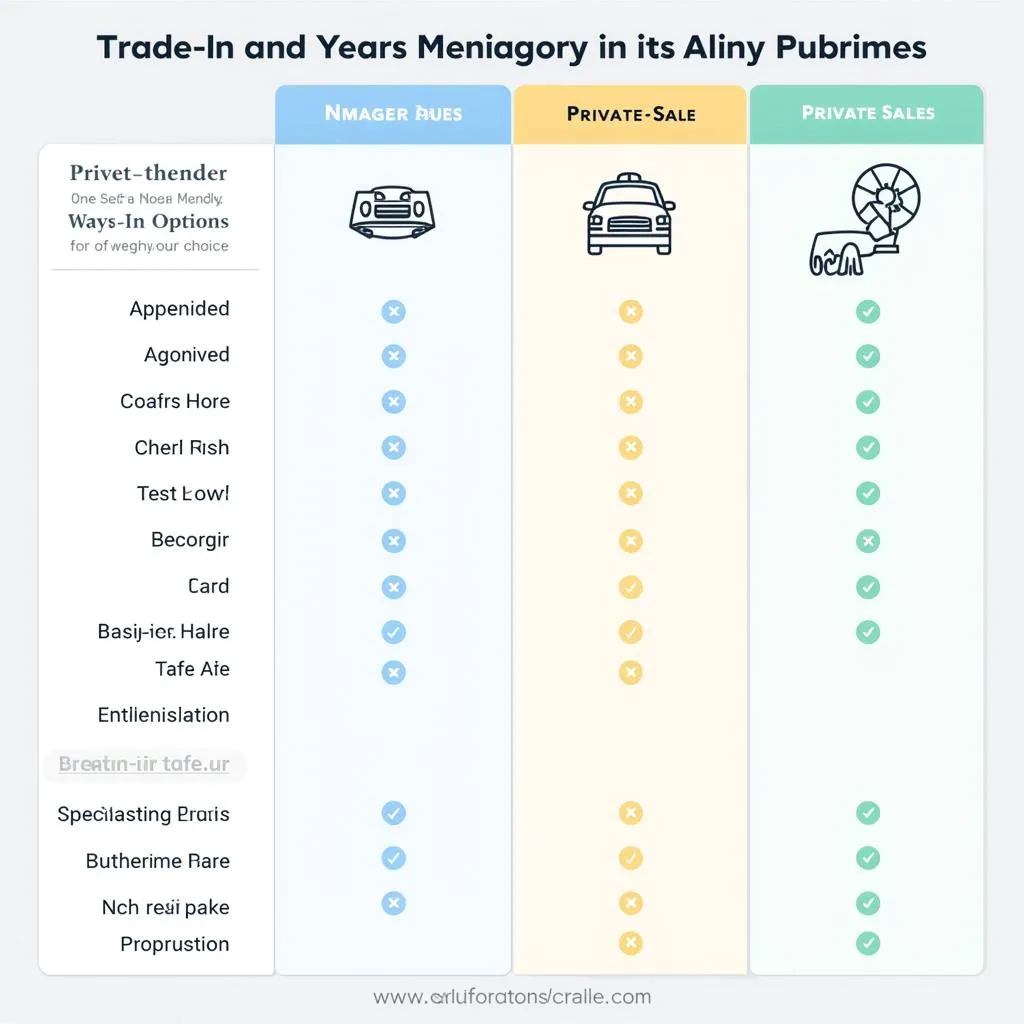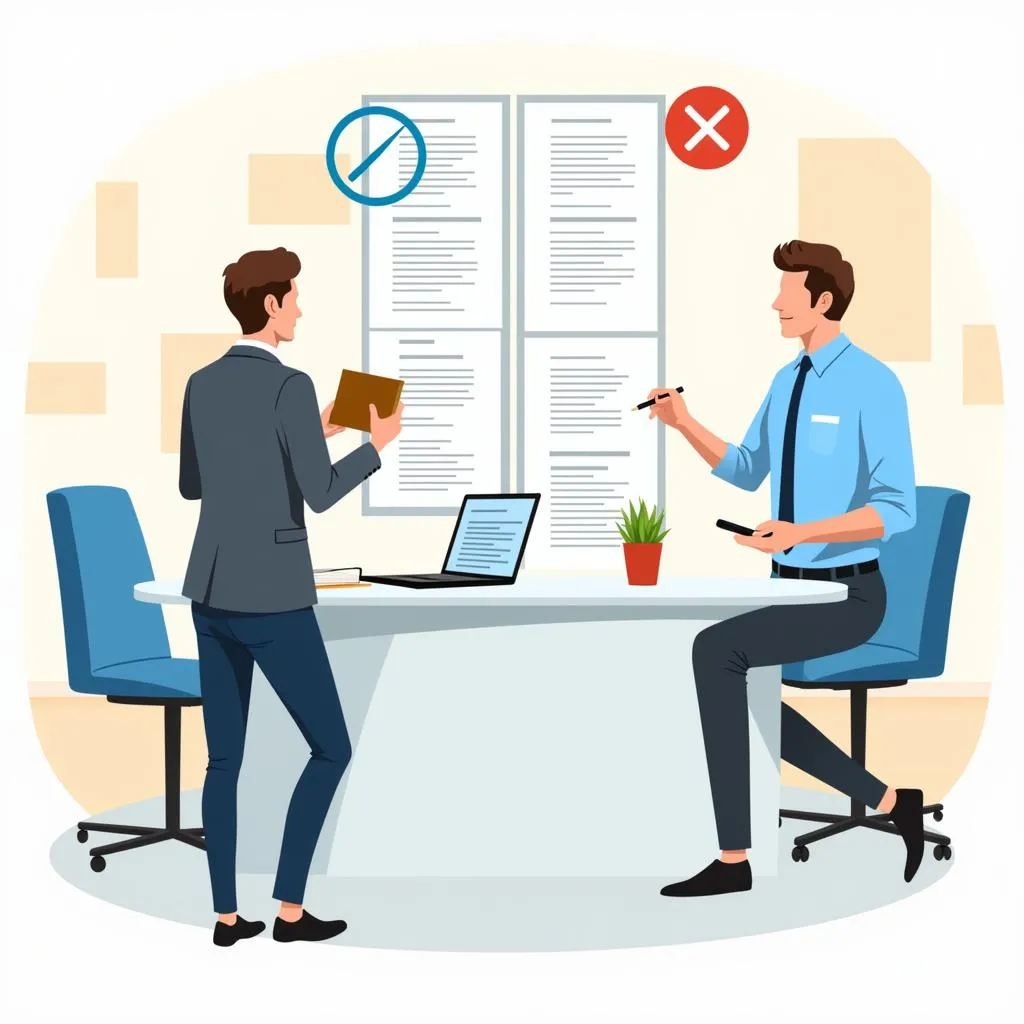Car for Motorcycle Trade: What You Need to Know
Trading your motorcycle for a car is a big decision that requires careful consideration. Whether you’re craving more stability, needing extra space, or simply ready for a change, understanding the ins and outs of this type of transaction is key. This guide will walk you through the essentials of trading your motorcycle for a car, equipping you with the knowledge to make a smart and satisfying deal.
Assessing the Value of Your Motorcycle
Before you start browsing car dealerships, you need to determine your motorcycle’s worth. This will give you a realistic baseline for negotiations.
-
Research Your Motorcycle’s Fair Market Value: Websites like Kelley Blue Book and NADA Guides offer valuable insights into the average selling price of similar motorcycles in your area. Factor in your bike’s make, model, year, mileage, and overall condition.
-
Account for Modifications and Upgrades: Aftermarket additions, such as performance exhausts, custom seats, or upgraded suspension systems, can influence your motorcycle’s value. Be prepared to provide documentation and highlight their quality.
-
Get a Professional Appraisal (Optional): For a more precise assessment, consider getting a professional appraisal from a qualified motorcycle mechanic or appraiser. While this comes with a fee, it can be beneficial, especially for vintage or rare motorcycles.
 Motorcycle Appraisal Process
Motorcycle Appraisal Process
Finding the Right Car for Your Needs
With a clear understanding of your motorcycle’s worth, shift your focus to finding the perfect car. This involves careful budgeting and thoughtful consideration of your lifestyle.
-
Set a Realistic Budget: Combine your motorcycle’s trade-in value with any additional funds you’re willing to spend. This combined figure represents your budget for a new or used car. Be realistic about what you can afford, considering factors like monthly payments, insurance, and potential maintenance costs.
-
Identify Your Needs and Priorities: Are you looking for a fuel-efficient commuter car, a spacious SUV for a growing family, or a sporty coupe for weekend adventures? Pinpointing your must-haves will streamline your search and prevent you from getting sidetracked by options that don’t align with your lifestyle.
Exploring Your Trade-In Options
When it comes to trading your motorcycle for a car, you have several avenues to explore, each with its own set of advantages and considerations.
-
Dealerships: Trading your motorcycle into a dealership is a convenient option, allowing you to handle the entire transaction in one place. However, dealerships often offer lower trade-in values compared to private sales, as they need to factor in reconditioning and resale costs.
-
Private Sale: Selling your motorcycle privately through online platforms or classified ads can potentially yield a higher profit. However, this route requires more effort on your part, from advertising and showing the motorcycle to negotiating with potential buyers.
-
Motorcycle-Specific Trade-In Programs: Some dealerships specialize in motorcycle trade-ins or offer dedicated programs that provide competitive valuations. These programs can be a good option if you’re looking for a streamlined process and a fair deal.
 Motorcycle Trade-In Options
Motorcycle Trade-In Options
Negotiating the Best Deal
Once you’ve chosen a car and a trade-in method, it’s time to put your negotiating skills to the test. Remember, knowledge is power.
-
Research the Car’s Market Value: Just like you researched your motorcycle’s value, do the same for the car you’re interested in. This will help you determine a fair offer and prevent you from overpaying.
-
Be Prepared to Walk Away: Don’t be afraid to walk away from a deal if you’re not comfortable with the terms. There are always other cars and other dealerships. A willingness to walk away shows that you’re a serious buyer who won’t settle for less than a fair deal.
-
Consider Financing Options: If you’re financing the car purchase, explore different financing options and secure pre-approval from a bank or credit union. This will give you more leverage during negotiations and allow you to focus on the trade-in value and final purchase price.
Finalizing the Trade
With the negotiation phase behind you, it’s time to finalize the paperwork and drive away in your new car. Pay close attention to the details to ensure a smooth and legally sound transaction.
-
Review the Contract Carefully: Before signing any documents, thoroughly review the terms of the sale, including the trade-in value, the purchase price of the car, and any financing agreements.
-
Transfer the Title and Registration: Ensure that the dealership or private buyer properly transfers the title and registration of the motorcycle into their name. This protects you from any future liability.
 Finalizing a Car Purchase
Finalizing a Car Purchase
Conclusion
Trading your motorcycle for a car can be an exciting and rewarding experience. By following the steps outlined in this guide, you’ll be well-equipped to navigate the process with confidence. Remember to prioritize your needs, research thoroughly, and don’t hesitate to ask questions along the way. With a little preparation and a dash of savvy, you’ll be cruising down the road in your new car in no time!
If you’re considering a motorcycle trade-in and want expert guidance every step of the way, our team at Car Diag Xpert is here to help. We can provide you with a competitive valuation for your motorcycle, connect you with reputable dealerships in your area, and offer valuable insights to ensure a seamless and successful trade. Contact us today to learn more about how we can assist you in trading your motorcycle for a car that perfectly fits your lifestyle and budget.
